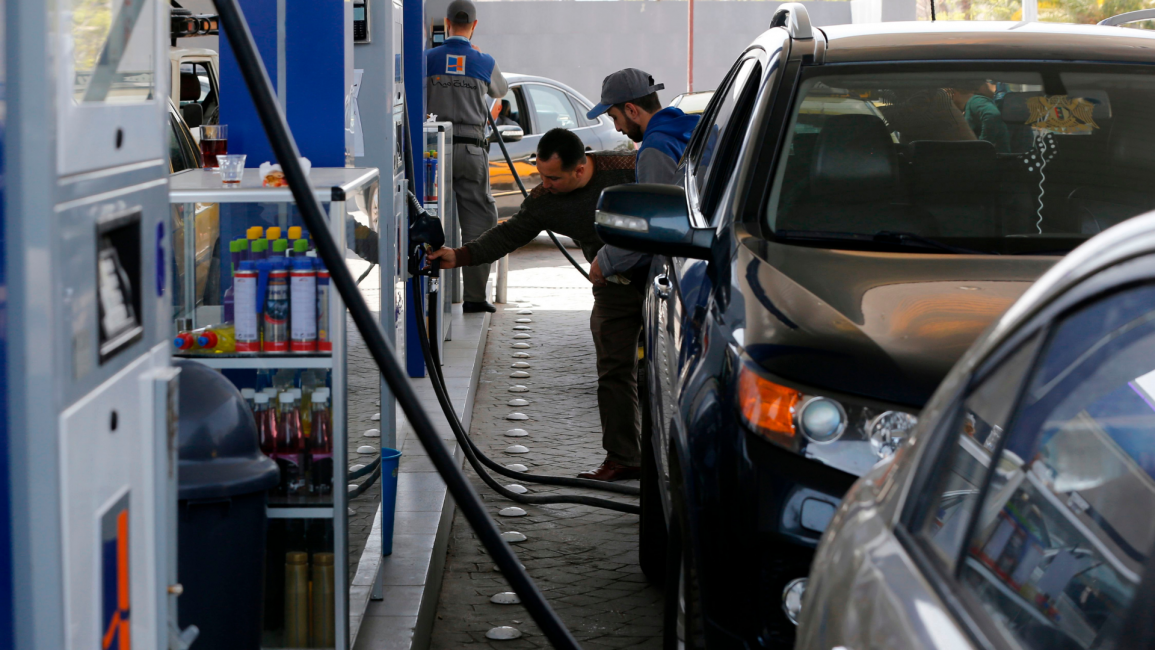Syria 'rations' fuel as Suez Canal jam persists
Syria, mired in civil war since 2011 and facing a severe economic crisis, had already announced in mid-March a more than 50 percent hike in the price of petrol amid fuel shortages.
Global supply chains have been crippled since Tuesday when a giant container ship ran aground and became wedged diagonally across the span of the Suez Canal, blocking the crucial waterway in both directions.
The suspension "has impacted oil imports to Syria and slowed arrival of a ship carrying fuel and oil products" from government ally Iran, Syria's oil ministry said on Saturday.
Pending a resolution, "the ministry is rationing the distribution of available oil products" to assure the continuity of essential services, such as bakeries and hospitals, the ministry statement said.
Oil Minister Bassam Tomeh told state TV the cargo was due to arrive at the port of Banias on Friday.
He added that if the blockage at the canal persisted, the ship may re-route around the southern tip of Africa, an expensive detour many companies have been forced to consider due to the blockage.
Before Syria's war, the country enjoyed relative energy autonomy, but in the past decade an estimated $91.5 billion in revenue has been lost from hydrocarbons, Syria's oil minister said in February.
Pre-war production was 400,000 barrels per day, compared with just 89 bpd in 2020.
Up to 80,000 of those came from Kurdish areas outside government control, where more than 90 percent of the country's reserves are located.
The Syrian government has blamed the economic crisis on Western sanctions and on the knock-on effect of financial catastrophe in neighbouring Lebanon, which had long acted as Syria's economic lifeblood.
The US and other western countries say that their sanctions only target senior Assad regime officials, while allowing Syrians to meet their essential needs.
Read more: Bread queues and hunger in Assad's Syria
Syrians have been struggling with deteriorating economic conditions, shortages of basic goods and medicine, and have been forced to wait in long lines to buy subsidized bread and fuel.
Earlier this year, the Assad regime raised the price of fuel, including subsidized prices, by more than 50%, in the third increase this year. It also raised the price of cooking gas.
Nearly 80% of Syrians live in poverty, and 60% are food insecure - the worst food security situation ever seen in Syria, according to the United Nations.
A decade of conflict, which started in 2011 after the suppression of peaceful protests by the Assad regime, has caused huge devastation to the Syrian economy and displaced millions of its people, driving most of them into poverty.
More than half a million people have been killed in Syria’s 10-year conflict, most of them as a result of regime bombardment of civilian areas.
Schools and hospitals have been targeted and the country’s infrastructure is in ruins.
Agencies contributed to this report.
Follow us on Facebook, Twitter and Instagram to stay connected



